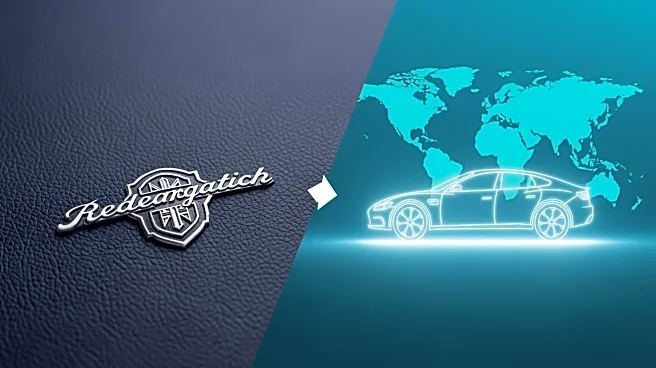Rapid Read • 9 min read
The legal industry is experiencing a shift as artificial intelligence (AI) begins to challenge the traditional billable hour model, particularly in large law firms, known as Biglaw. Despite the potential for AI to drive efficiencies, the entrenched culture and infrastructure of these firms make it difficult to move away from billing by the hour. The billable hour remains a core component of law firm operations, influencing partner compensation and profitability. However, as new firms emerge with more cost-effective models that leverage technology, there is increasing pressure on traditional firms to adapt. The partnership model, which encourages annual profit distribution, further complicates the transition to alternative fee arrangements, such as fixed fees. AI's impact is expected to be indirect, pushing firms to reconsider their models in response to client demands and competitive pressures.
AD
The potential shift away from the billable hour model has significant implications for the legal industry. Firms that fail to adapt may find themselves at a competitive disadvantage as clients increasingly seek more efficient and cost-effective legal services. The integration of AI and technology could lead to a transformation in how legal services are delivered, with a focus on efficiency and value. This shift could benefit clients by reducing legal costs and improving service delivery. However, it also poses challenges for traditional firms that must balance the need for change with the preservation of their existing business models. The evolution of pricing models in the legal industry could lead to broader changes in how legal services are structured and delivered, impacting both law firms and their clients.
As AI continues to develop, law firms may need to invest in new technologies and retrain staff to remain competitive. This could involve rethinking incentives and processes to accommodate alternative fee arrangements. The pressure to change is likely to come from outside the industry, as new market entrants and client expectations drive the need for innovation. Firms that successfully integrate AI and technology into their operations may gain a competitive edge, while those that resist change could face challenges in maintaining profitability. The timeline for these changes is uncertain, but the growing influence of AI suggests that the legal industry is on the cusp of significant transformation.
The shift away from the billable hour model raises ethical and cultural questions about the future of the legal profession. As firms adopt new technologies, there may be concerns about the impact on job security and the role of human judgment in legal decision-making. Additionally, the move towards efficiency-driven models could alter the traditional mentor-mentee relationships within firms, as younger generations of lawyers may prefer digital communication and learning methods. These changes could lead to a reevaluation of the values and practices that have long defined the legal profession.
AD
More Stories You Might Enjoy












